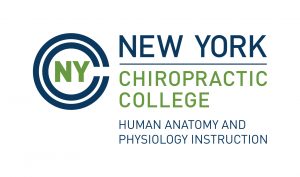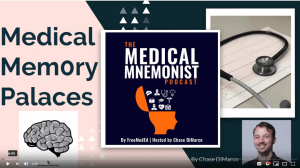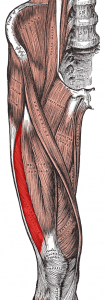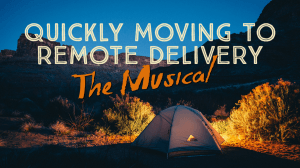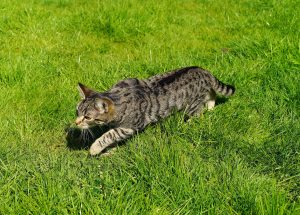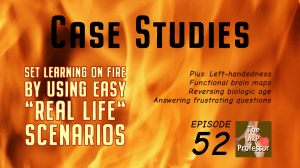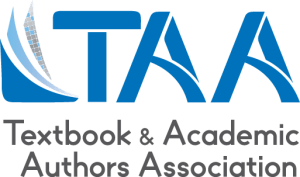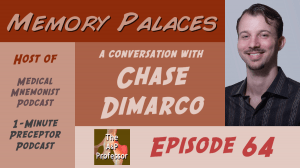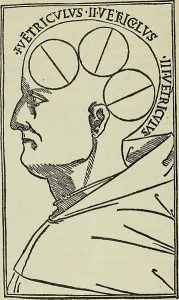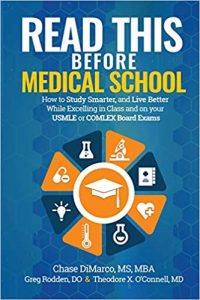We lighten our loads and learn to be present with our students as host Kevin Patton continues sharing lessons learned from his own failures and successes in moving from on-campus to distance education. A supportive voice for a troubled time.
0:00:48 | The Emergency Continues
0:07:06 | Sponsored by AAA
0:07:46 | New Skills for New Situations
0:23:05 | Sponsored by HAPI
0:23:53 | Being Present
0:33:49 | Sponsored by HAPS
0:34:29 | Leaner Is Meaner
0:43:10 | More Tips
0:59:27 | Facing the Lion
1:04:17 | Staying Connected
If you cannot see or activate the audio player click here.
Please take the anonymous survey: theAPprofessor.org/survey
Questions & Feedback: 1-833-LION-DEN (1-833-546-6336)
Follow The A&P Professor on Twitter, Facebook, Blogger, Nuzzel, Tumblr, or Instagram!
Good teaching cannot be reduced to technique; good teaching comes from the identity and integrity of the teacher. (Parker Palmer)
The Emergency Continues
6.5 minutes
Another 19 tips in this episode, adding to two previous episodes on how to quickly move our on-campus course to remote instruction.
- Mid-Winter Winterizing of Our Courses | Bonus Episode 63
- Quickly Moving to Remote Delivery—The Musical | Bonus Episode 64b
- Kevin’s Unofficial Guide to the HAPS Annual Conference | Bonus Episode
- Features Kevin's Law of Professional Development: If I learn just ONE useful thing in a professional development experience, it’s worth it.
- Keep up with science updates, including COVID-19 outbreak updates in The A&P Professor Nuzzel Newsletter
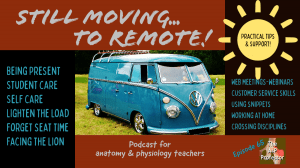
Sponsored by AAA
0.5 minutes
- A searchable transcript for this episode, as well as the captioned audiogram of this episode, are sponsored by the American Association for Anatomy (AAA) at anatomy.org.
- Searchable transcript
- Captioned audiogram
- Don't forget—HAPS members get a deep discount on AAA membership!
New Skills for New Situations
15.5 minutes
If we are using web meeting software or webinars, this gives a great opportunity to develop professional skills for students to carry with them through to their careers.
20: Keep your lab coat handy.
21: Teach students web meeting/webinar skills
- Communication, Clarity, & Medical Errors | Episode 55 (discussion of professionalism)
- More on Spelling, Case, & Grammar | Episode 56 (discussion of professionalism)
- Web Meeting & Webinar Skills (student handout you can use or adapt for your course)
- Found only in the TAPP app
- Getting the TAPP app
- Search "The A&P Professor" in your device's app store
- iOS devices: my-ap.us/TAPPiOS
- Android devices: my-ap.us/TAPPandroid
- Kindle Fire: amzn.to/2rR7HNG
- The TAPP app is an easy way to share this podcast
- Even folks who don't know how to access a podcast can download an app
- 5-minutes to a Great Virtual Meeting Experience (Steve Stewart's video summarizing what he's learned about doing web meetings. You can share this with your students, too.)
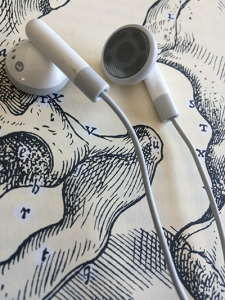
Sponsored by HAPI Online Graduate Program
0.5 minute
The Master of Science in Human Anatomy & Physiology Instruction—the MS-HAPI—is a graduate program for A&P teachers. A combination of science courses (enough to qualify you to teach at the college level) and courses in contemporary instructional practice, this program helps you power up your teaching. Kevin Patton is a faculty member in this program. Check it out!
Being Present
10 minutes
Being present is always important, but especially now.
23: Be accessible
25: Think about faces. But not too much.
26: Help students navigate campus-wide changes and community resources
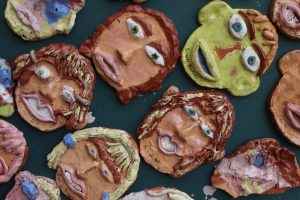
Sponsored by HAPS
0.5 minutes
The Human Anatomy & Physiology Society (HAPS) is a sponsor of this podcast. You can help appreciate their support by clicking the link below and checking out the many resources and benefits found there. Don't forget the HAPS Awards, which provide assistance for participating in the HAPS Annual Conference.
- Anatomy & Physiology Society
- It's coming soon!
- Kevin’s Unofficial Guide to the HAPS Annual Conference | 2019 Edition | Episode 42
- Now is a good time to submit your questions, comments, tips, & stories for the upcoming 2020 edition!
Leaner Is Meaner
8.5 minutes
Less is more is a start. But really, even less is even more. And asynchronous is better than synchronous.
27: Even less is even more
28: Forget seat time
- Playful & Serious Is the Perfect Combo for A&P | Episode 13
- TextExpander to quickly add snippets as you work theapprofessor.org/textexpander

More Tips
16.5 minute
29: Look at stuff
30: Stay inside your LMS
31: Audio/video feedback
32: Snippet library
33: Wear your customer-service hat
34: Open an office
35: Resist Jedi mind tricks.
36: Build a team
- Playful & Serious Is the Perfect Combo for A&P | Episode 13
- TextExpander to quickly add snippets as you work theapprofessor.org/textexpander

Facing the Lion
5 minutes
37: Face the lion.
38: Cross disciplines
39: I am not alone.

If the hyperlinks here are not active, go to TAPPradio.org to find the episode page.
- More details at the episode page.
- Transcript available in the transcript box.
- Listen to any episode on your Alexa device.
- Need help accessing resources locked behind a paywall? Check out this advice from Episode 32 to get what you need! https://youtu.be/JU_l76JGwVw?t=440
Click here to listen to this episode—or access the detailed notes and transcript.


